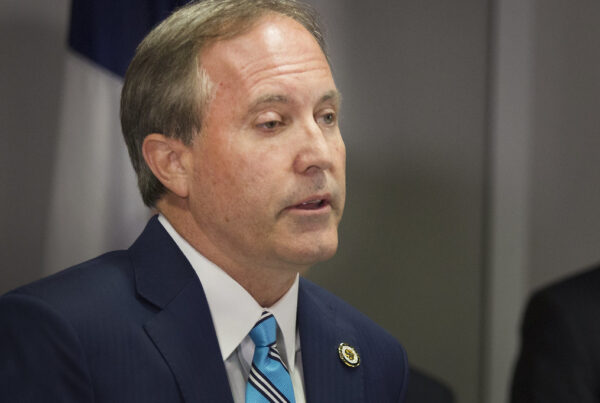Nearly a quarter million North Texans rely on Dallas Area Rapid Transit, also known as DART, every day. But on Tuesday, as the board met to discuss the next year’s budget, they couldn’t come to an agreement on what that number might be and how they could get there.
And if they can’t reach a goal of having a budget, that could force some pretty serious detours depending on how bad things get.
Pablo Arauz Peña, who covers growth and infrastructure for KERA News in North Texas, said part of the issue at hand is how much funding member cities want to contribute to the DART system.
“DART serves 13 member cities. That includes a lot of the suburbs. the northern suburbs – Plano, Richardson, Garland, Irving. And each of these member cities pays $0.01 of its sales tax to DART. That’s how DART gets most of its funding,” Arauz Peña said.
“One thing different about this year’s budget is that several of DART’s 13 member cities have passed resolutions to pay less money than they have been since DART started as an agency.”
Arauz Peña said these resolutions aren’t binding — yet — but the possibility of less funding is causing problems for the board of directors as they discuss the budget.
“DART’s board of directors are split over how much to limit spending on everyday operations like bus services, light rail and its on demand GoLink service,” he said.
Another complicating factor? There are several new cities who want DART to expand their service area.
“There have been discussions for DART to expand to other member cities – to cities like Lewisville and Frisco and potentially Lancaster. And the issue is that some of these potential member cities want to pay less than a cent,” Arauz Peña said.
“That’s where the issue is, because the current member cities, what they’re saying is they’re not really getting their bang for their buck.”
City leaders in Dallas and Plano, among other places, have voiced concerns over the quality of DART’s service, Arauz Peña said.
“Leaders at these cities say that they’re just not seeing the value there. They say that there are issues with security and cleanliness. And DART is really trying to fix that, Arauz Peña said. “In these budget talks, DART has been at odds with itself, really. The board has been split. And it’s been an ongoing discussion.”
The DART board is scheduled to vote on a budget on Sept. 24. Arauz Peña said if the board votes to reduce member city contributions, the issue will still go to voters in those cities. There also may be legislative action around this issue during the next session.
In the meantime, there’s been a lot of public pushback over possible reductions in service.
“A new group called Dallas Area Transit Alliance, or DATA, formed with the aim of keeping the penny contributions from cities as it is, and to push back on any caps to spending,” Arauz Peña said. “Some members of this group even think the agency should be expanding services instead of cutting back.”














